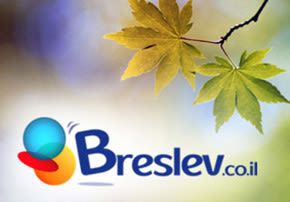
Purim and Yom Kippur
…to fully repair our relationships with others, we must search out those people whom we have wronged and beg forgiveness from them. If we have wronged...

Yom Kippur is also referred to as Yom HaKipurim – the day of atonement (see Vayikra 23:27). If we look closely at the expression “Yom HaKipurim” we see that it can also be read as Yom — the day; Kipurim –that is like Purim. Yom Kippur is a somber day, how is it similar to Purim?
Anyone who has ever been involved in a disagreement or an argument with a friend or family member can attest to the uncomfortable feelings that follow. However, once the argument stops and the people forgive each other, the love and happiness between them becomes even stronger than it ever was before.
The relationship between Hashem and the Jewish people is one of great love. As the Mishnah teaches us, “Beloved are the people Yisrael, for they are described as children of the Omnipresent. As it is said “You are children to Hashem Your God”(Avot 3:18 citing Devarim 14:1). The love that Hashem has for the Jewish people is expressed allegorically in the Song of Songs, as the verse says, “Even great waters cannot extinguish the love [between Hashem and His People Yisrael]” (Shir Hashirim 8:7).
Therefore, when a Jew ignores or violates the mitzvot, Hashem, as it were, feels insulted. After a Jew does wrong, the feeling in Heaven is one of: “Is this the way loved ones treat each other?”
On Yom Kippur, all Jews are given the opportunity to repair their relationship with Hashem. After they return to Hashem, the hurt and the pain dissolves and the love returns even stronger than before. That is why Yom Kippur is Yom HaKipurim – a joyous and happy day, like Purim, since there is no greater joy than reuniting with our loved ones (as heard from Rav A. C. Feuer).
Besides our responsibility to repair our relationship with Hashem, we also have a responsibility to repair our relationships with others. If used wisely, Yom Kippur has a tremendous spiritual power to reconcile our relationships with Hashem. However, the Talmud tells us that Yom Kippur does not have the power to reconcile our relationships with others (Yuma 85b). In other words, if we wronged someone, we cannot rely on Yom Kippur to wipe the slate clean. Rather, we must search out that person and beg for his forgiveness. So, let us use these last hours before Yom Kippur to search out those we have wronged and repair our relationships with those individuals.
Rabbeinu Yonah of Gerona (1180-1263) was a famous Talmudic scholar who spent much of his life in self-examination and teshuva. A cousin of the eminent scholar, the Ramban, Rabbeinu Yonah began to devote himself to writing and teaching about teshuva as the result of one of the worst tragedies in medieval Jewish life. In the city of Paris, the Catholic Church burned twenty-four wagon loads of the Talmud. The printing press had not yet been invented, so the loss of so many hand-written copies of the Talmud was a catastrophe. Rabbeinu Yonah saw the mass burning of the Talmud as a Divine punishment for the very sharp philosophical opposition to Rambam for writing Moreh Nevuchim (The Guide to the Perplexed), an opposition in which Rabbeinu Yonah had been a leader.
Rabbeinu Yonah regretted his criticism of Rambam (1135-1205). The Rambam, however, had long since passed away and was buried in Teveriah, in Northern Eretz Yisrael. Rabbeinu Yonah therefore resolved to travel from Spain to the Rambam’s tomb in Teveriah to ask for his forgiveness. On his way to Eretz Yisrael, Rabbeinu Yonah was detained by communities who begged him to stay and teach. In many instances, Rabbeinu Yonah agreed to stay and teach in Jewish communities, where he often quoted the Rambam with great respect. Before he could resume his journey to Eretz Yisrael, Rabbeinu Yonah died suddenly in Toledo, Spain in 1263 (Machzor Zichron Moshe – Artscroll, p.8-11). One of Rabbeinu Yonah’s legacies to the Jewish nation is his insightful work, “The Foundation of Repentance.” Many pious people have the custom of reading and studying this uplifting work before Yom Kippur, in order to be inspired to return to Hashem. Rabbeinu Yonah teaches us that teshuva has a tremendous power to give us a fresh start in life.
No matter where our lives have taken us until today, we have teshuva as a means of starting over. As Rabbeinu Yonah promises us in his Foundation of Repentance: “On that day, let him cast off all the misdeeds he has committed and consider himself as though he were newly born on that very day…”
Yom Kippur is a day when Hashem waits for us to return to Him with open arms. In order to prepare for Yom Kippur, we must do Teshuva. Teshuva has the power to correct our relationship with Hashem. However, in order to fully repair our relationships with others, we must search out those people whom we have wronged and beg forgiveness from them. If we have wronged others in financial dealings, we must repay them.
If we put our hearts and minds into our Yom Kippur prayers then the coming year will be a happy year full of sweetness and spiritual light and growth. We conclude with excerpts from the special additions to Amidah which are said between Rosh Hashanah and Yom Kippur: “Hashem, please inscribe us in the book of life, blessing, and peace, and good livelihood, good decrees, salvations and consolations; may we be remembered and inscribed before You — we and Your entire people the Family of Yisrael for life and for peace.” And let us say: Amen!
***
Used with permission from “Good Shabbos” http://www.civlitigation.com/gs/index.asp


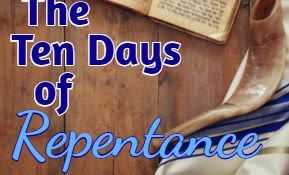
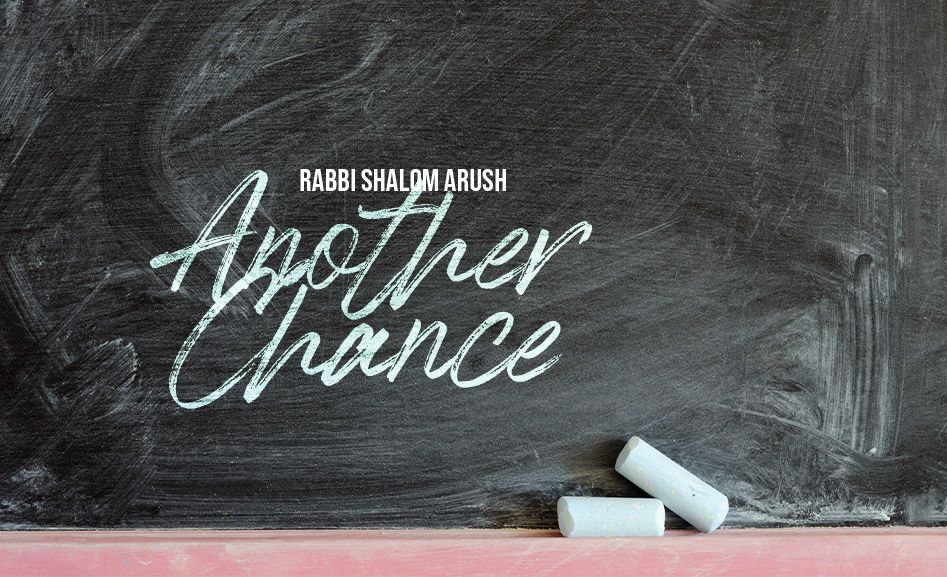
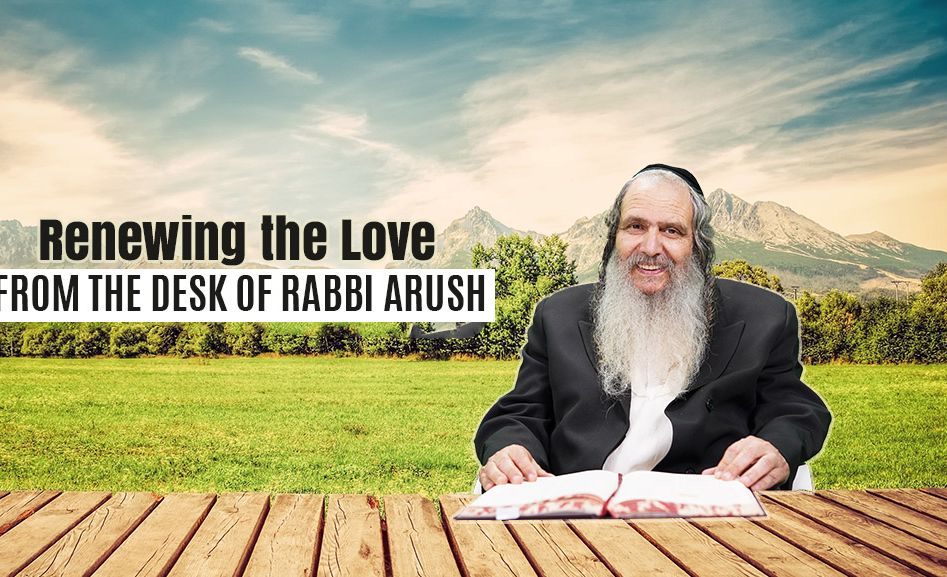
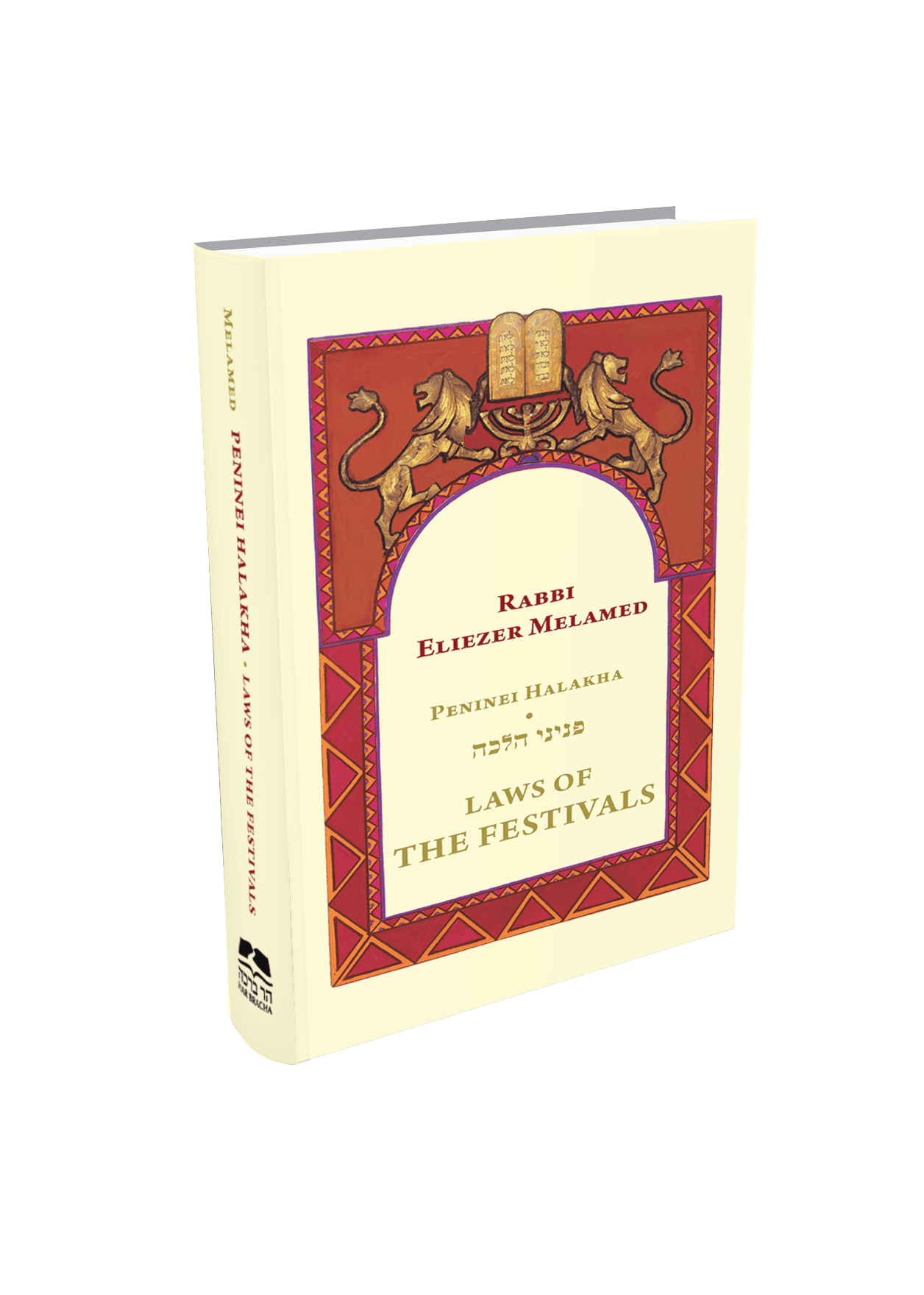
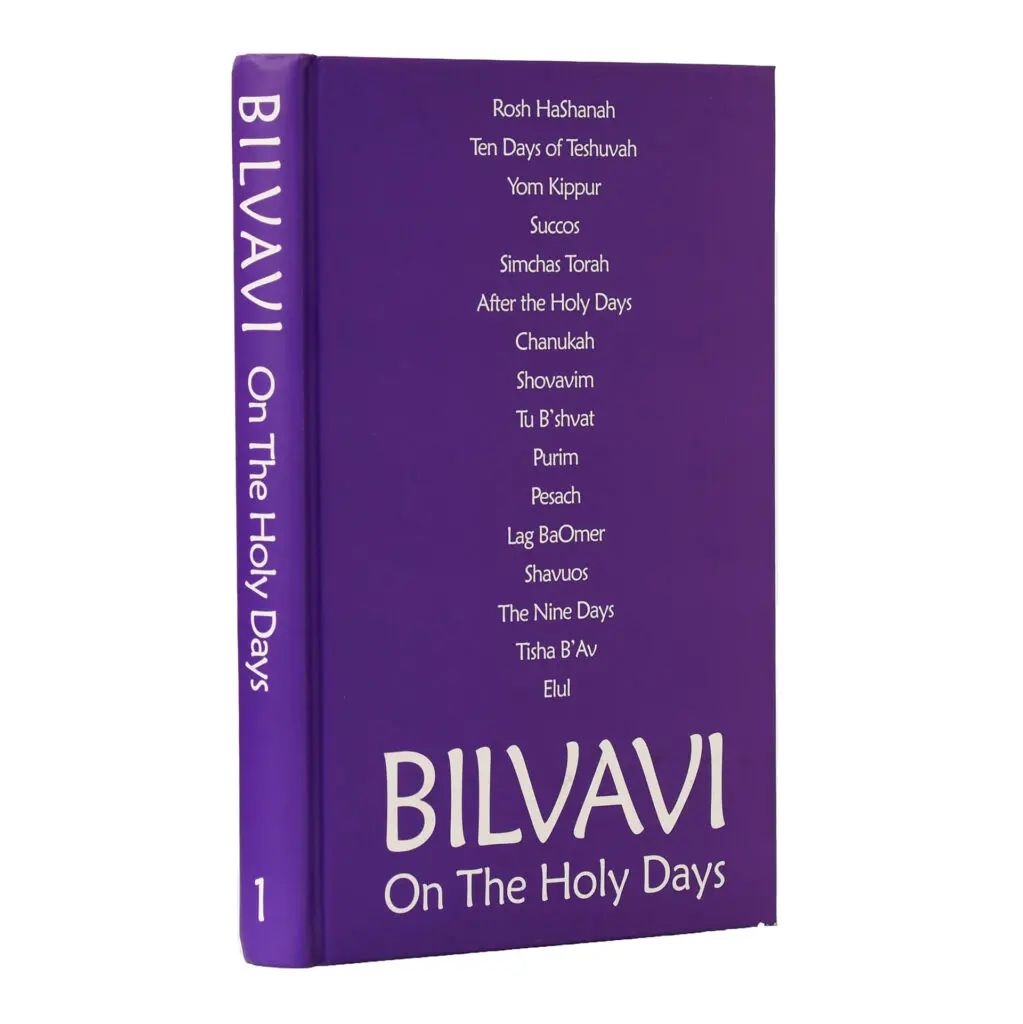
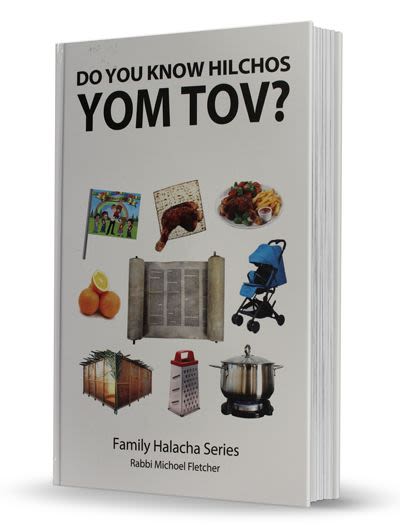
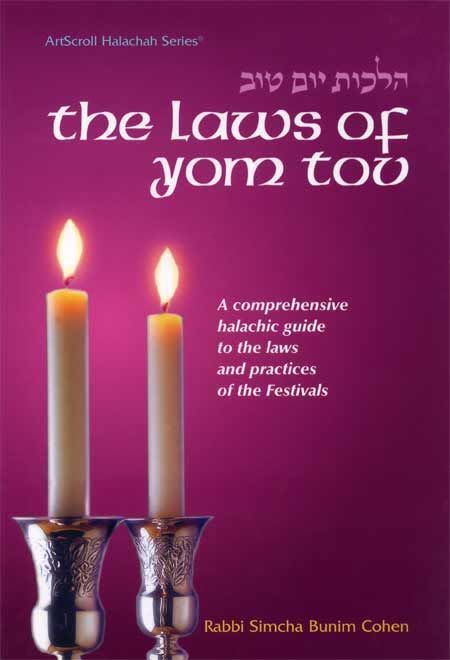

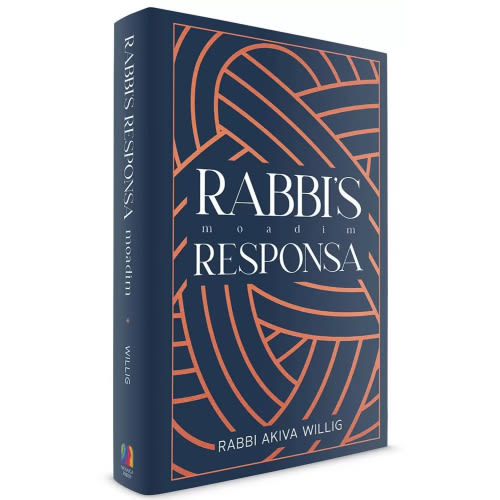
Tell us what you think!
Thank you for your comment!
It will be published after approval by the Editor.